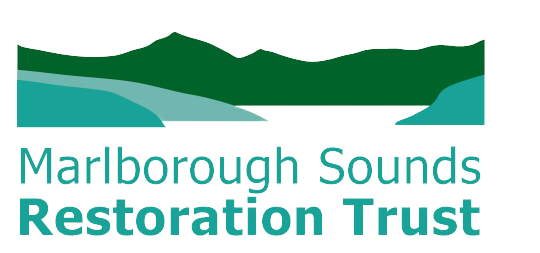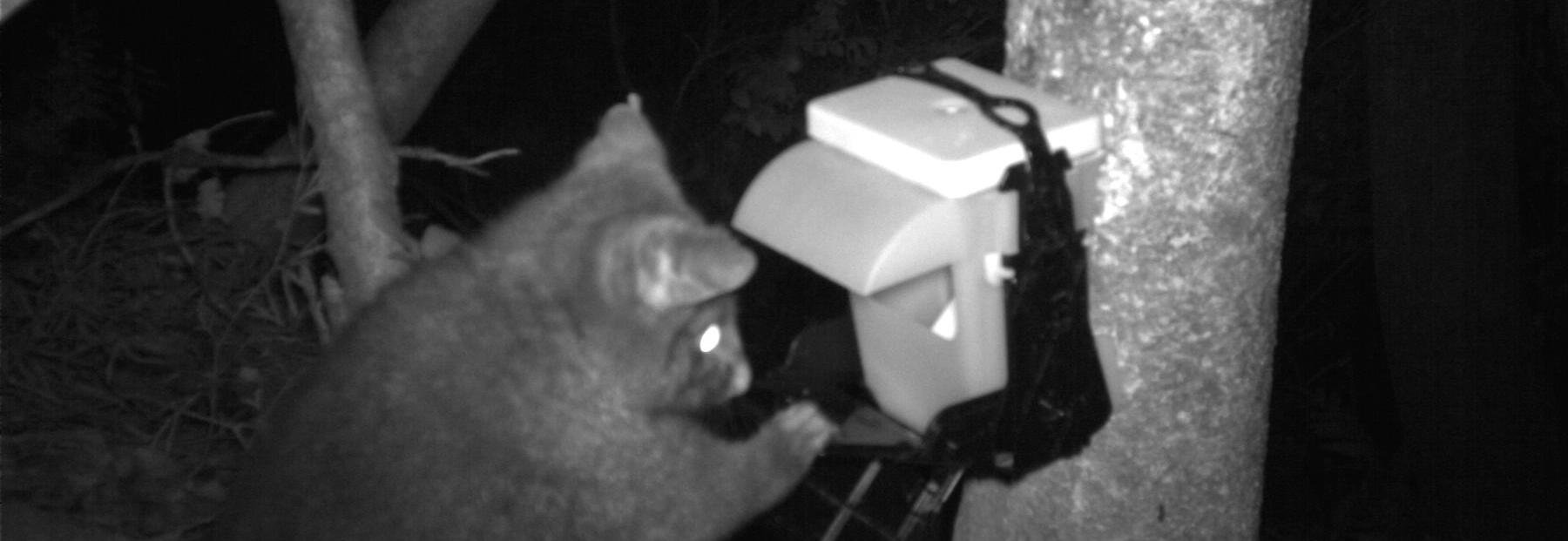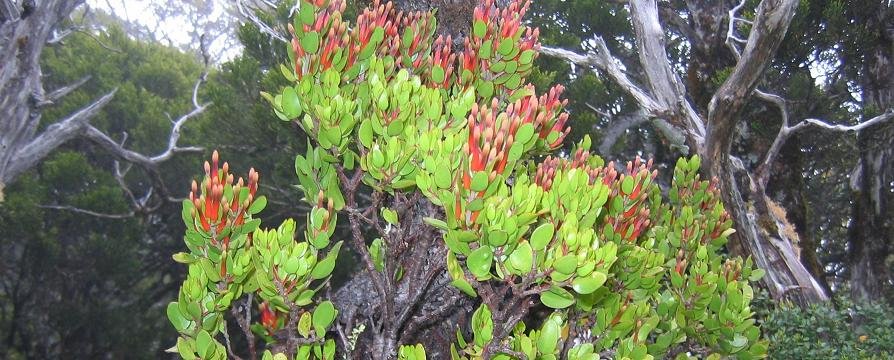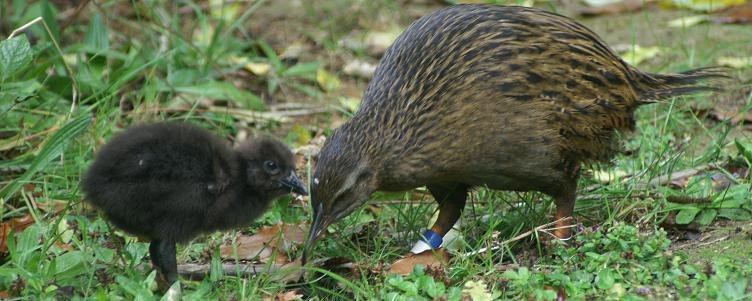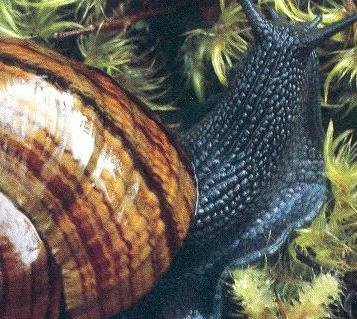Possum-free Sounds a possibility
The complete removal of possums from parts of the Marlborough Sounds is a realistic goal, based on a recent Trust report.
The eradication of possums would considerably enhance our native forests, would be highly complementary to the deer and goat control projects the Trust has recently delivered in partnership with communities, and would benefit native species such as Powelliphanta land snails, kereru, morepork (ruru), kohekohe and mistletoe. The Trust believes this is an achievable goal, with successful possum eradications already undertaken in New Zealand.
The Trust partnered with Predator Free 2050 (PF2050) to undertake this feasibility study to determine what might be possible in the Sounds – focussing on two study areas centred around the Inner Queen Charlotte/Kenepuru and Endeavour Inlet/Cape Jackson.
In the report, the Trust also concluded that the removal of rats would have the most benefit to native birdlife, but the cost and complexity made it an unrealistic goal over large areas at this stage. We believe rat control is best targeted to smaller, defendable peninsulas, such as our Three Peninsulas community-led project on the headland between Torea and Lochmara Bay, and the Picton Dawn Chorus project.
The removal of stoats is also very challenging and would always be undermined by their strong swimming ability. Stoats would naturally immigrate back to peninsulas and islands in the Sounds, as they are known to be able to swim around 3km. Stoats are well suited to an on-going sustained control approach, such as the Arapaoa Kiwi project.
PF2050 has indicated that it hopes to seek expressions of interest for new landscape-scale projects in the near future. If this occurs, the Trust will engage with the Department of Conservation, Marlborough District Council, iwi and landowners to determine whether there is a willingness and ability to take the next step in our journey towards further ecological recovery in the Marlborough Sounds. If all parties are supportive, a formal funding proposal may be the result. Stay tuned!
